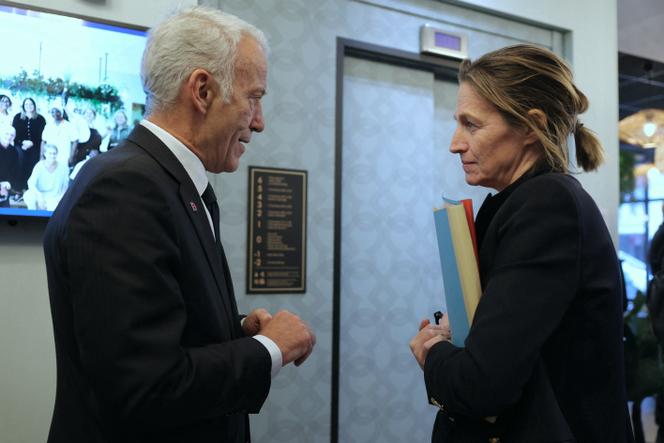


Nearly seven years after the creation of a professional equality index, the French government is preparing to introduce new rules to reduce pay gaps between women and men. On Wednesday, May 21, it launched a consultation with labor unions and employers' federations on how to transpose a European Union directive on pay transparency into French law. The main stakeholders remain cautious: Employer organizations have feared that the upcoming changes would create additional headaches for businesses, while the union confederations don't want current standards to be watered down – quite the opposite.
Since September 5, 2018, a law requires companies with at least 50 employees to measure pay inequalities between women and men on their payrolls. This exercise has led to the annual publication of an equality index, based on, depending on the situation, four or five criteria.
This mechanism is now set to be completely overhauled, as France must comply with an EU directive issued on May 10, 2023, which requires EU member states to make significant changes to such procedures. For example, job postings must henceforth inform candidates of a salary "range" offered for the job. Most importantly, companies will need to show transparency on seven indicators, some of which do not overlap with those included in the index produced following the 2018 law: For instance, the proportion of "female and male workers receiving complementary or variable components" of their remuneration.
You have 67.97% of this article left to read. The rest is for subscribers only.
